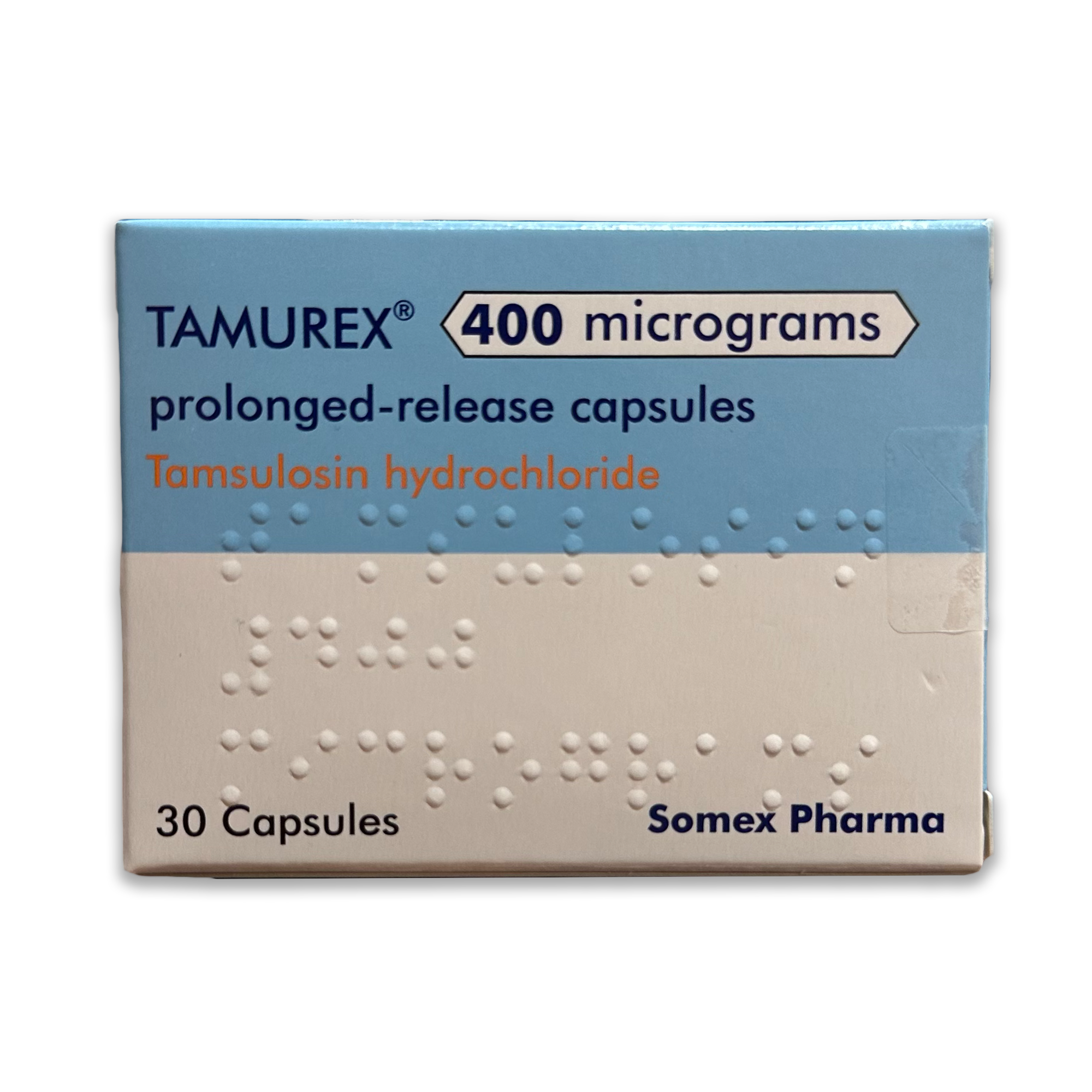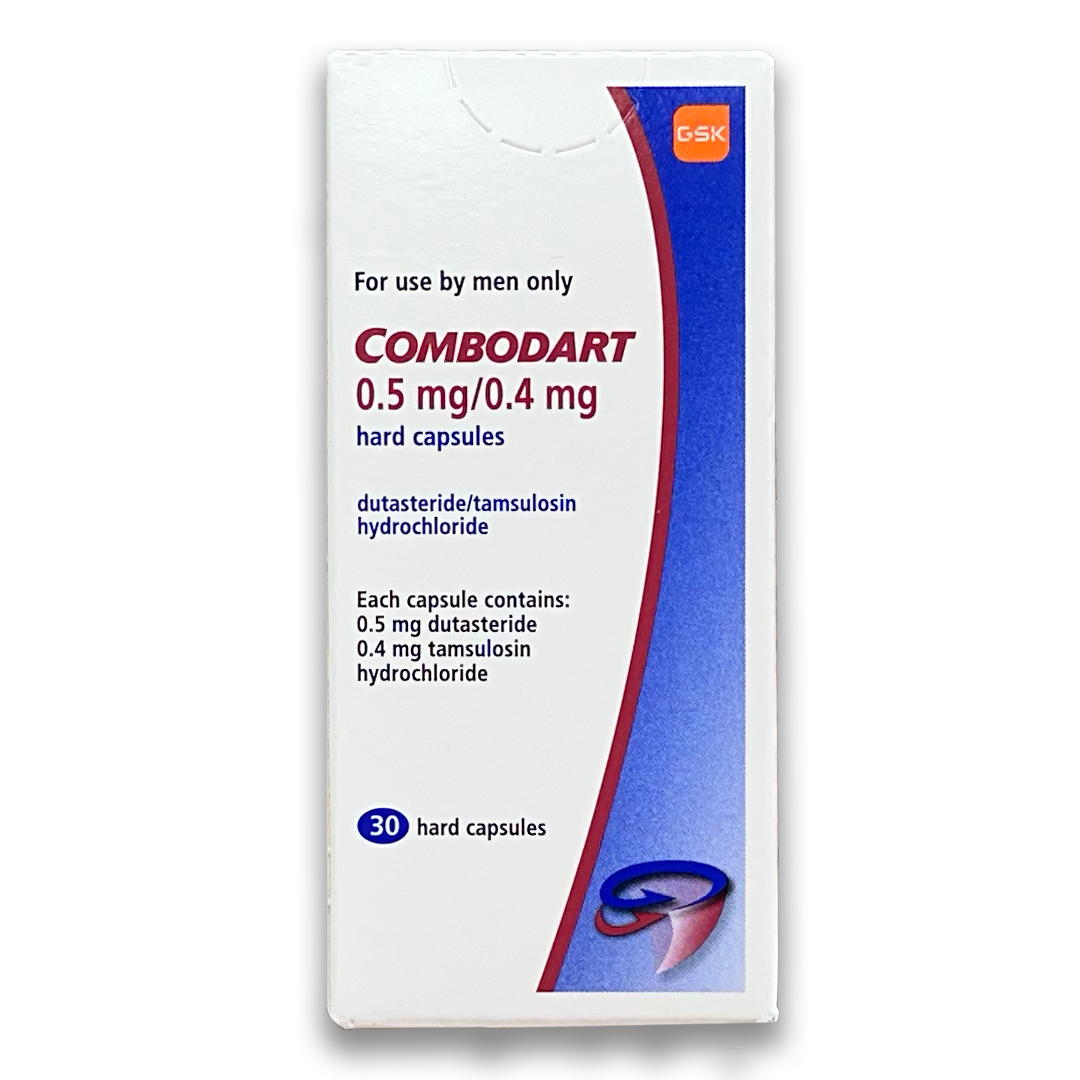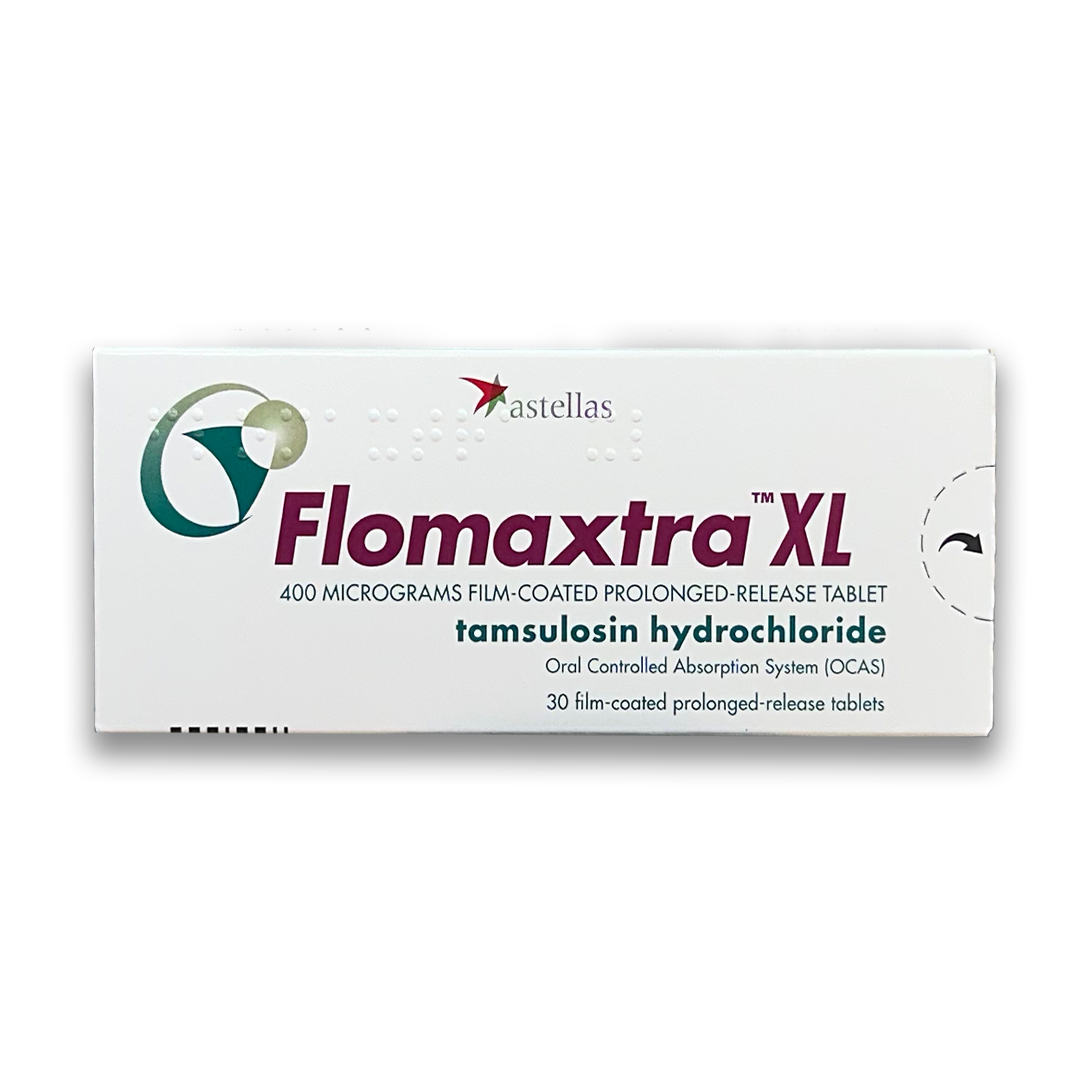Combodart 0.5mg/0.4mg Capsules


What is Benign Prostatic Hyperplasia?
TAKES APPROXIMATELY 2 MINS TO COMPLETE.
About Benign Prostatic Hyperplasia
Causes
Diagnosis
Treatments
Prevention
Further Info
FAQs
Can lifestyle changes alone effectively manage BPH symptoms?
Are there any natural supplements that can help with BPH symptoms?
Can BPH increase the risk of developing prostate cancer?
Can BPH affect sexual function?
We are here to help 👋
For assistance, please contact our customer service at info@rightangled.com. We are available Monday to Friday from 8 am to 5 pm. For urgent issues, please do not use this email. Instead, call 111, or dial 999 in case of an emergency.




